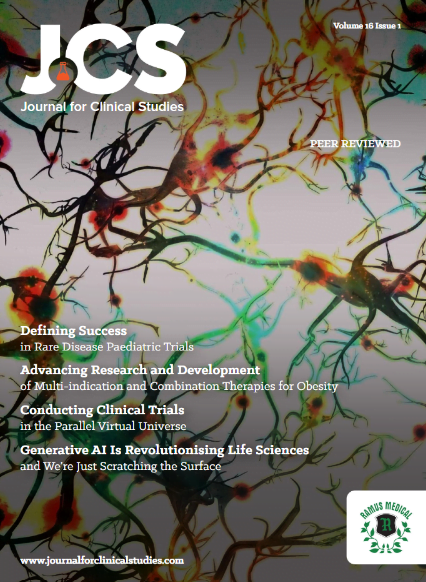Despite hundreds of potential therapies for COVID-19 looking to make their case, very few have crossed the finish line. One promising candidate, Regeneron’s two-antibody cocktail, has earned early plaudits—and now a pharma giant is jumping aboard to boost manufacturing in a big way.
Regeneron will team up with Swiss drugmaker Roche to more than triple production of the New York biotech’s COVID-19 antibody therapy, REGN-COV2, for a planned global rollout, the partners said Wednesday.
Under a seven-year licensing deal, Regeneron and Roche will each reserve manufacturing capacity for the therapy in preparation for future regulatory approvals, with Regeneron handling the U.S. rollout and Roche taking on distribution elsewhere.
Learn how to streamline medical communications and align tactics and objectives within your organizations by attending the virtual Medical Affairs Strategic Summit (MASS).
Roche will set aside up to 10,000 liters of bioreactor capacity to meet its end of the agreement with Regeneron roping off 4,000 liters, according to a securities filing. The deal allows for more space to be set aside in case of future need.
The partners expect to churn out 650,000 to 2 million treatment doses, or 4 million to 8 million preventive doses, of the cocktail each year, Regeneron said. Final dosages are still being worked out in clinical trials and could change those figures.
Regeneron has begun manufacturing doses of the cocktail ahead of FDA approval, a spokeswoman said. The partners expect joint production to begin in the first half of 2021 with the technology transfer already underway.
“Regeneron has progressed the REGN-COV2 research and development program at record speed and worked tirelessly to maximize our in-house manufacturing capacity,” Regeneron CEO Len Schleifer said in a statement. “This major collaboration with Roche provides important scale and global expertise to bring REGN-COV2 to many more patients in the United States and around the globe.”
While Regeneron has yet to release a proposed list price for REGN-COV2, the company expects to split profits with Roche based on the amount of therapy each partner produces, a spokeswoman said. The profit-sharing will kick in once Roche secures a European approval for the therapy, and Regeneron expects to rake in between 50% and 60% of the haul.
Roche will also be on the hook to help fund current and future clinical trials for REGN-COV2, including an ongoing phase 3 trial to treat severe COVID-19 patients and a phase 1 preventive study.
Regeneron’s promising antibody therapy could get even more interest in the coming weeks as new data winnow down a broad field of potential therapies. Another possible path to therapy, convalescent plasma from recovered patients, now seems less likely to succeed; top U.S. health officials intervened this week to halt an FDA emergency use authorization based on weak emerging data, The New York Times reported.
Roche’s assistance represents a big step up for Regeneron’s antibody hopeful after the U.S. took a flyer on the therapy last month.
In early July, Regeneron and the Trump administration signed a $450 million pact for U.S. supply of the cocktail. As part of the deal, Regeneron agreed to ramp up manufacturing to 1.6 million doses of the therapy as early as the end of summer.
The drugmaker said the order covered anywhere between 70,000 to 300,000 treatment doses and 420,000 to 1.3 million preventive doses. Regeneron agreed to provide bulk and unfinished lots of the cocktail as well as finished doses through 2020.
If the FDA eventually grants an emergency authorization for either use, the government would make doses available at no cost and handle distribution.
Regeneron originally took a two-pronged strategy in its COVID-19 response, pursuing a novel antibody cocktail as well as repurposing IL-6 inhibitor Kevzara for severe patients—but that second path hasn’t worked out as planned.
Last month, partners Sanofi and Regeneron stopped their U.S. study of Kevzara in mechanically ventilated COVID-19 patients after the drug failed to prevent deaths or get patients off ventilation, among other key endpoints.
Kevzara, added to standard-of-care therapy, not only failed to better patients’ condition after 22 days but the drug’s “minor positive trends” in ventilated patients were also offset by poor results in a partially enrolled subgroup that had not been ventilated at the start of treatment, the companies said.















